Historical reenactment has long been a fascinating way for people to connect with the past. Unlike reading textbooks or watching documentaries, reenactment allows participants and spectators alike to experience history in a visceral, tangible way. From medieval jousting tournaments to Civil War battles, these events bring history to life in a manner that is both educational and entertaining. The practice has grown in popularity over the decades, evolving from small local gatherings to large-scale international events that attract thousands of attendees.
The origins of historical reenactment can be traced back centuries. In ancient Rome, staged naval battles known as naumachiae were held in flooded amphitheaters to entertain the masses. These spectacles, while brutal by modern standards, were among the earliest forms of reenactment. Much later, during the 19th century, the Victorian era saw a resurgence of interest in medieval pageantry, with tournaments and fairs designed to evoke the romance of chivalry. However, it wasn’t until the mid-20th century that reenactment became a widespread hobby, particularly in the United States and Europe, where groups began recreating famous battles with meticulous attention to detail.
One of the most compelling aspects of historical reenactment is the level of authenticity that participants strive to achieve. From hand-stitched garments to historically accurate weaponry, no detail is too small. Many reenactors spend years researching their roles, studying primary sources to ensure their portrayal is as accurate as possible. This dedication extends beyond costumes and props; participants often adopt the mannerisms, speech patterns, and even the diets of the people they are portraying. For some, it’s a way to honor their ancestors, while for others, it’s a form of escapism—a chance to step into a different time and place.
The types of events vary widely, ranging from small, private gatherings to massive public spectacles. Civil War reenactments, for example, are particularly popular in the United States, drawing crowds of spectators eager to witness the drama of 19th-century warfare. In Europe, medieval festivals attract visitors with jousting, archery competitions, and artisan markets selling handcrafted goods made using traditional techniques. Some events focus on specific moments in history, such as the signing of a treaty or a famous speech, while others offer a broader glimpse into daily life during a particular era.
Despite its many rewards, historical reenactment is not without its controversies. Critics argue that some events romanticize or oversimplify complex historical events, particularly those involving war or colonialism. There are also concerns about the potential for reenactments to perpetuate harmful stereotypes or glorify violent periods in history. Organizers and participants must navigate these challenges carefully, striving to present history in a way that is both engaging and respectful. Many groups now incorporate educational components into their events, such as lectures or Q&A sessions, to provide context and encourage critical thinking among attendees.
For those who participate, reenactment is more than just a hobby—it’s a passion. The sense of community among reenactors is strong, with many forming lifelong friendships through their shared love of history. The preparation for an event can take months, involving everything from sewing costumes to practicing historical skills like blacksmithing or cooking over an open fire. The effort pays off when the event begins, and the past comes alive, if only for a weekend. Whether you’re a participant or a spectator, historical reenactment offers a unique and immersive way to engage with history, making it an enduring and beloved tradition.
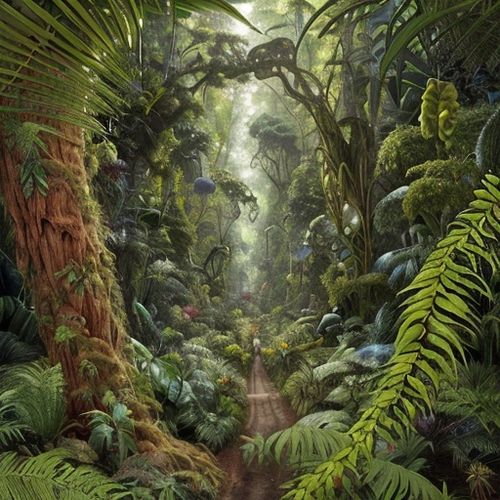
By George Bailey/Apr 28, 2025
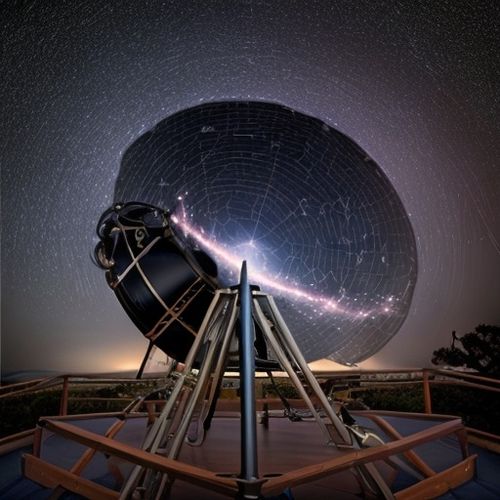
By Lily Simpson/Apr 28, 2025

By Grace Cox/Apr 28, 2025
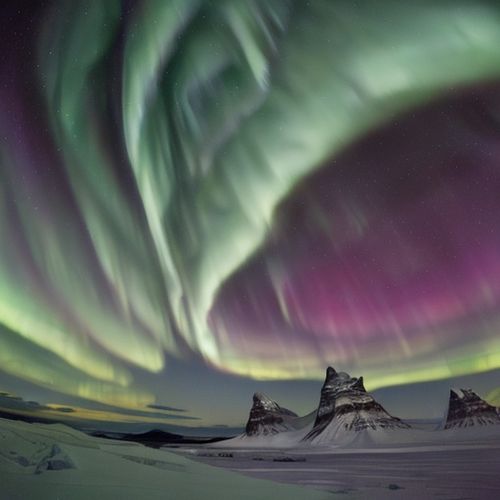
By David Anderson/Apr 28, 2025
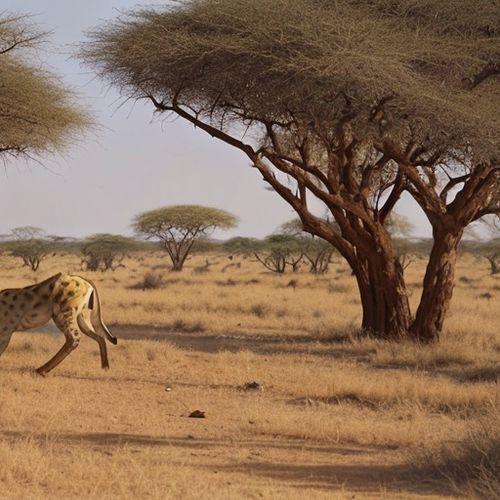
By Megan Clark/Apr 28, 2025
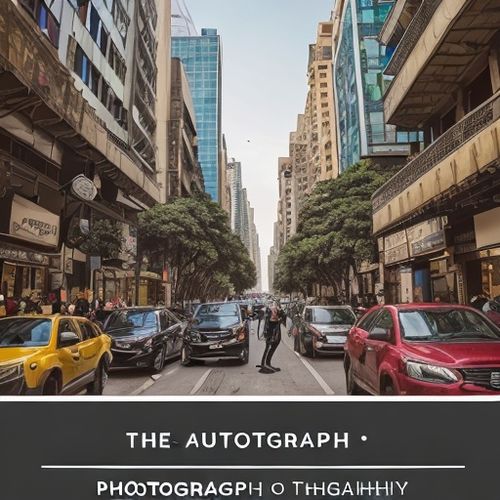
By Natalie Campbell/Apr 28, 2025
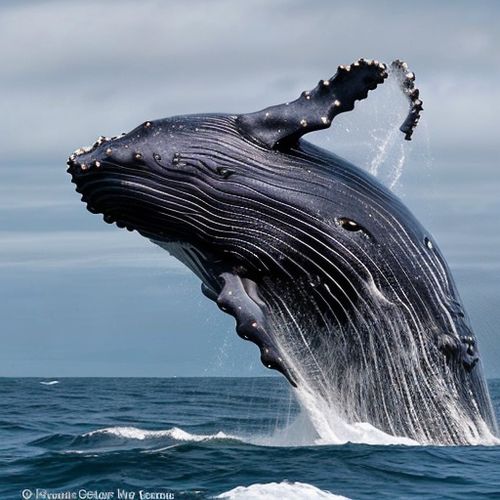
By Olivia Reed/Apr 28, 2025
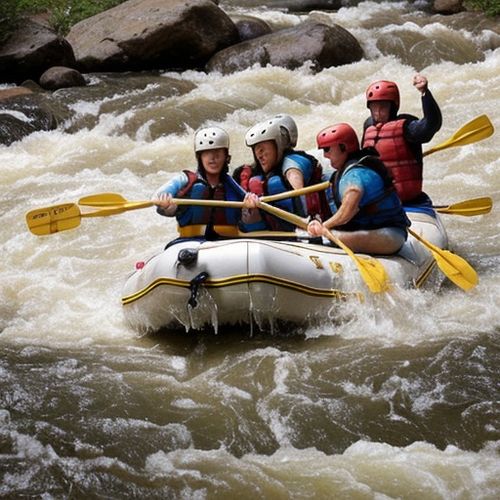
By Rebecca Stewart/Apr 28, 2025
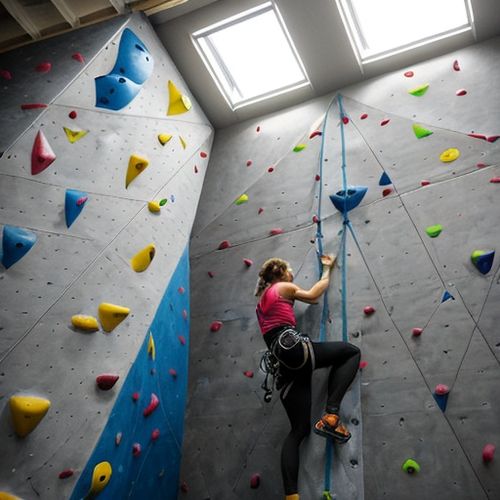
By Eric Ward/Apr 28, 2025
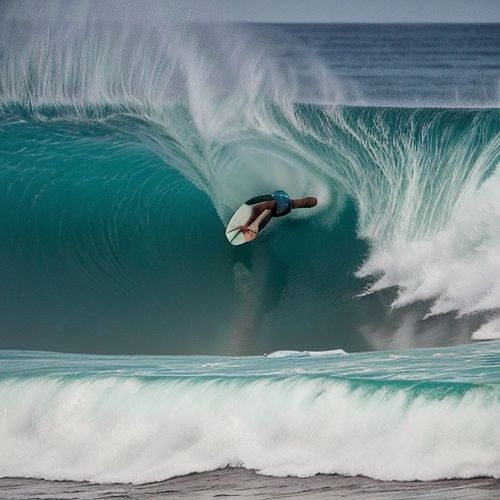
By Grace Cox/Apr 28, 2025
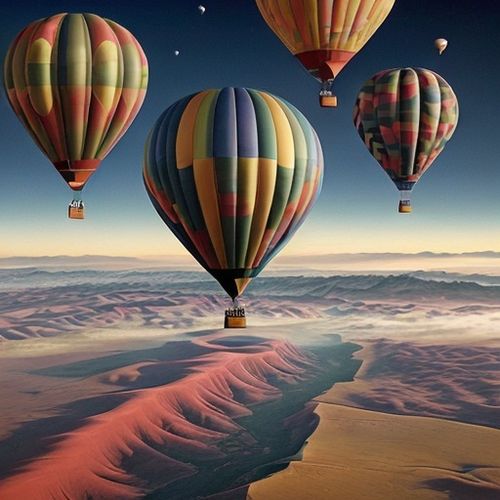
By Noah Bell/Apr 28, 2025
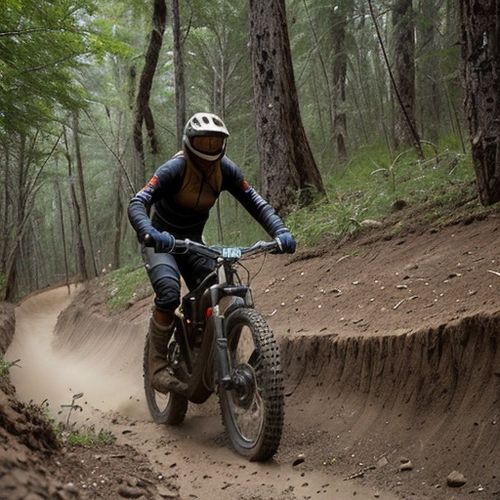
By George Bailey/Apr 28, 2025
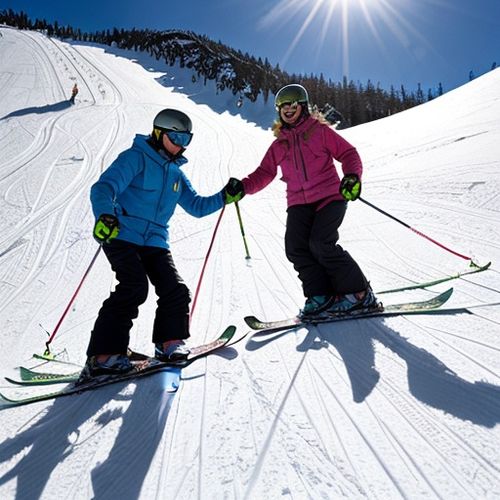
By Michael Brown/Apr 28, 2025

By Samuel Cooper/Apr 28, 2025

By Laura Wilson/Apr 28, 2025
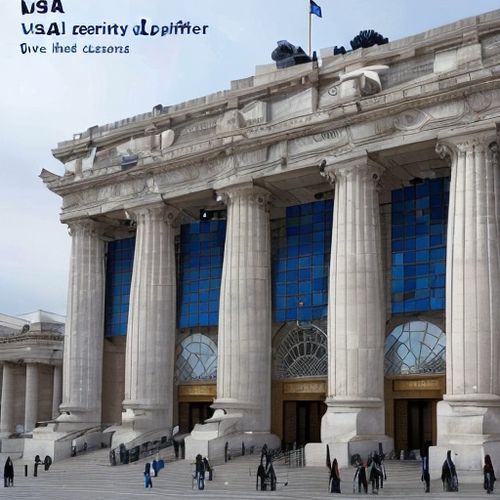
By David Anderson/Apr 28, 2025
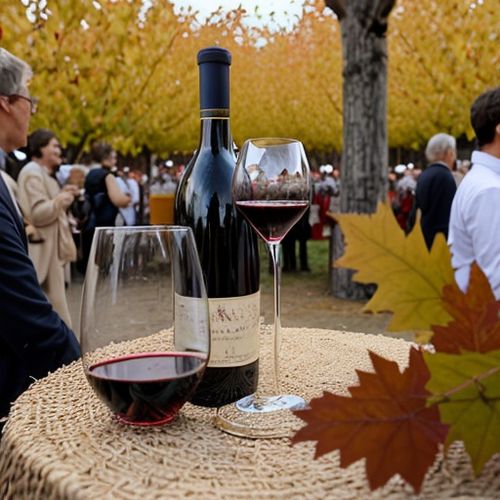
By Noah Bell/Apr 28, 2025
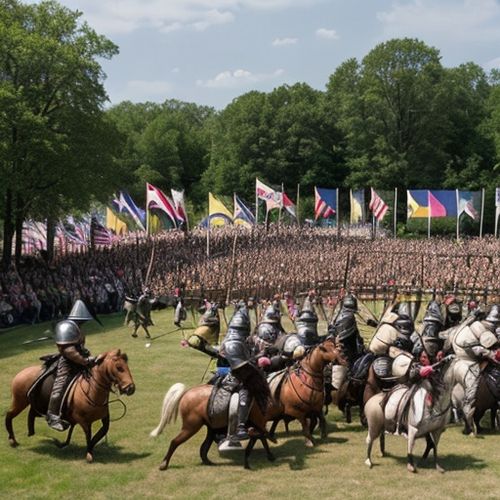
By Benjamin Evans/Apr 28, 2025
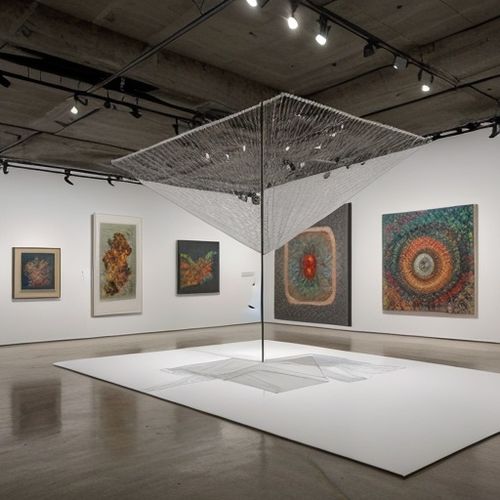
By Megan Clark/Apr 28, 2025
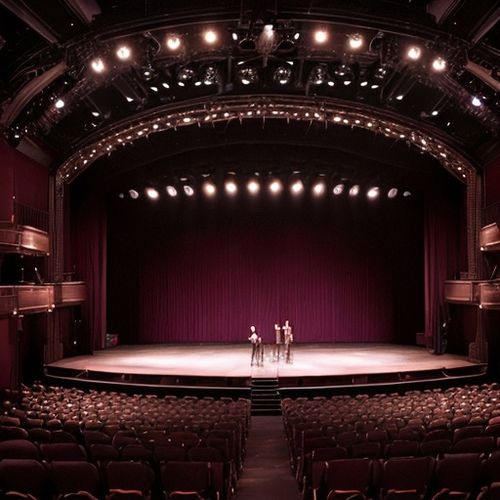
By Noah Bell/Apr 28, 2025